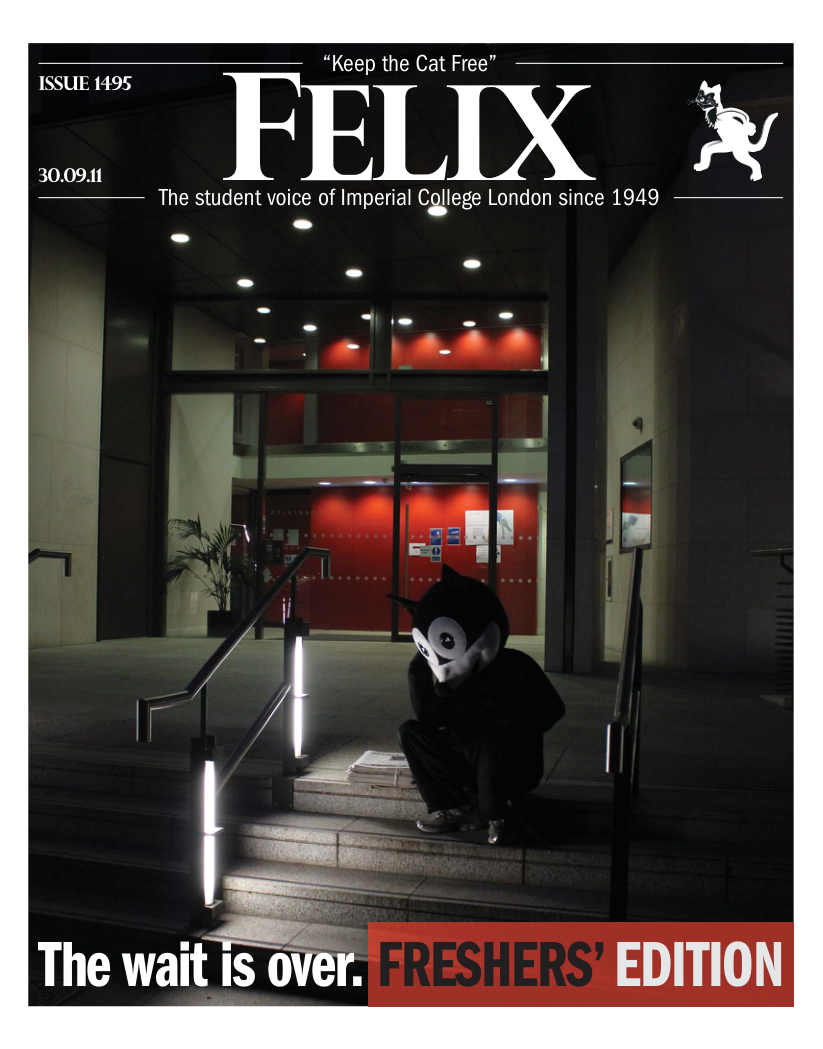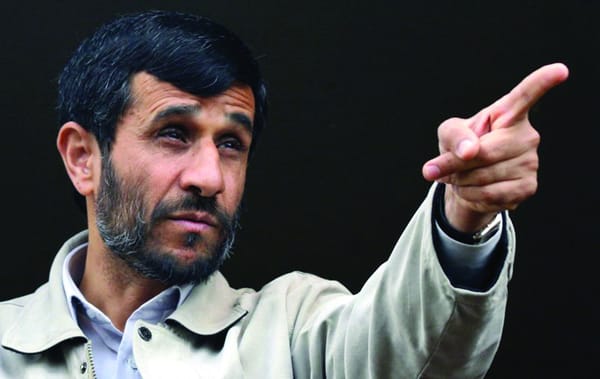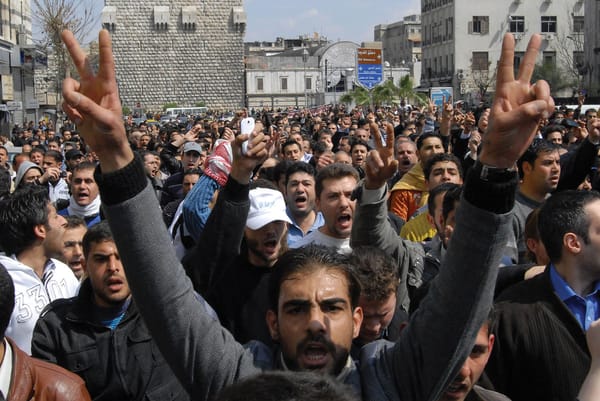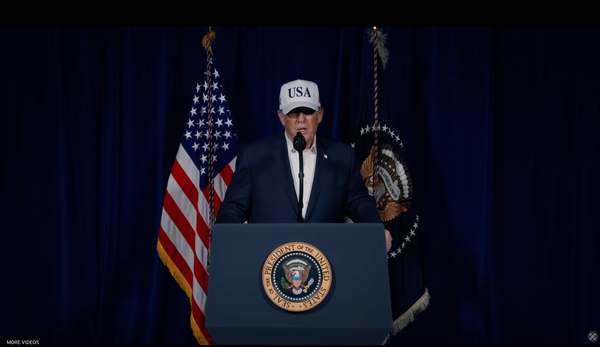Looting, Libya, and chaos on Capitol Hill
We gear up for another year of politics by rounding up the events of the summer
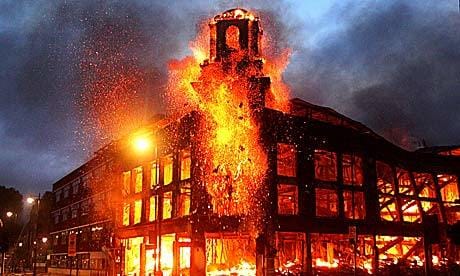
Dear Freshers and regular readers, welcome to a new year at Imperial; a new year that brings new experiences and new challenges. The politics team in Felix hopes to keep you interested in the politics of the outside world while you spend your year in the bubble of university life.
However, since we’re all returning from the summer holidays the first issue is going to give you a short summary of what has happened over the summer while you’ve been vacationing/interning/preparing for university etc. Some of these things will be talked about for years to come, stories to tell the grandchildren, or the kind of things that you can discuss with people with whom you have nothing in common. Should also be useful for some of those awkward post-holiday conversations on the first day of term…
UK
On August 6, the death of Mark Duggan during an investigation by police officers from Operation Trident two days earlier led to a protest outside Tottenham Police Station. It is said that due to uninvolved criminal elements a riot began in the area, in which two police cars were set alight.
For four consecutive days riots spread, first through different areas of London and then throughout the country. The focus of the rioters seemed to be looting and destruction instead of having a political or firm ideal. There were several attempts by politicians and media figures to try to single out the cause of the tensions that resulted in such widespread crime but no one true agreement was reached.
Senior politicians were derided for not immediately returning from their holidays after the first day of riots. However, eventually they returned for the people with London Mayor Boris Johnson walking the streets of Clapham Junction trying to offer platitudes to the aggrieved public and Nick Clegg holding a public meeting in Tottenham Town Hall.
After the riots had settled, police named and shamed suspected rioters, and after political pressure the justice system handed out harsh punishments to those convicted. The Metropolitan Police were flooded by accusations of mismanaging their response to the riots with many saying that they had been too soft, leaving many residents and business owners to be subjected to the full force of the roving mobs.
Europe
Europe’s financial stability took a huge blow this summer as Italy and Spain joined the list of Eurozone countries with unmanageable sovereign debt.
After a loss in confidence in the Euro and a rise in the bond yields for the aforementioned countries the European Central Bank stepped in and bought large amounts of Spanish and Italian bonds in a show of confidence. This measure caused some investor confidence to resurge leading to a fall in Italian and Spanish bond yields. However, when lower than expected Eurozone growth results were announced, especially from their economic stronghold Germany, investors began to panic causing erratic financial market behaviour, with European shares losing the most.
This summer’s events have led to people re-evaluating the effectiveness of the Eurozone, with some German citizens beginning to despair at having to help fund bailouts for fellow Eurozone countries who struggle to manage their government’s budgets. Some people, including former French President and Prime Minister Jacques Chirac are calling for the introduction of Eurobonds, bonds that are backed by every country in the Eurozone, hoping to provide a product with more stability. However this idea has met strong resistance in the form of incumbent German Chancellor Merkel and French President Sarkozy.
With the uncertain future of Eurozone fiscal stability, some consider the summer of 2011 the possible first chapter of the end of the Euro.
US
President Obama’s summer hasn’t been as great as he hoped. This summer he has had to deal with trying to increase the US Debt Ceiling.
The debt ceiling is a limit of debt owed to the public by the government. This doesn’t mean that the government can’t run deficits, rather this piece of legislation controls the amount of money the US can borrow from bondholders and public trust funds like Social Security. Unless this limit is increased the government cannot legally borrow any more from these sources. This means the government would start to run out of money to fund its departments and pay back its expiring debts (e.g. bond interests). Usually raising the debt ceiling doesn’t cause a major issue in Congress however the Republicans used it as a chance to hold the government at gunpoint while it demanded budget cuts and the abolishment of certain federal programs.
After a very tense few months where temporary stopgap measures were agreed on by both parties, a compromise was made between the demands of the Republicans and the desires of the Democrats which allowed the bill to be signed on the 1st of August, just before the government ran out of money. However, Mr Obama has suffered some negative press as a result of how close the government was to defaulting on some of its payments.
For a very long time the financial world has seen the US bonds as a very safe investment, however after the US debt crisis the markets are no longer so quick to buy American debt, with many preferring to trade gold instead.
The crisis also led to ratings agency Standard and Poor’s decision to downgrade its assessment of US bonds from its top AAA rating in AA+, something that has caused the US great embarrassment.
Middle East
As early as March this year we saw the Arab Spring develop and pick up pace. Countries across the world were taken by surprise as a series of revolts occurred in different nations, with dissatisfied citizens rebelling against their distant and corrupt governments, led by the large amount of unemployed young people who used social networking to spread their ideals.
The most widely covered rebellion has been the uprising in Libya where Col Gaddafi was ousted after 42 years in power by the determined rebel-led National Transitional Council with support from the United Nations. At the time of writing, the new leaders of Libya the NTC are searching for Col Gaddafi and his missing family who are hiding with pockets of still-loyal supporters.
While this happens, weekly protests are still taking place in Syria where the population are desperate to unseat President Bashar al-Assad. A series of violent attempts to repress the protests by the government has lead to sanctions by the EU and US. Who knows what will happen as the year comes to an end?

